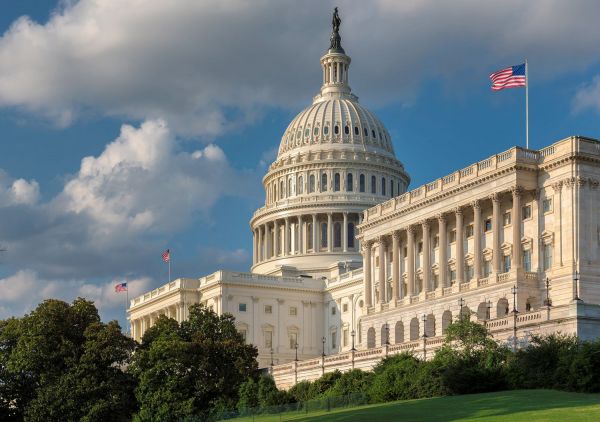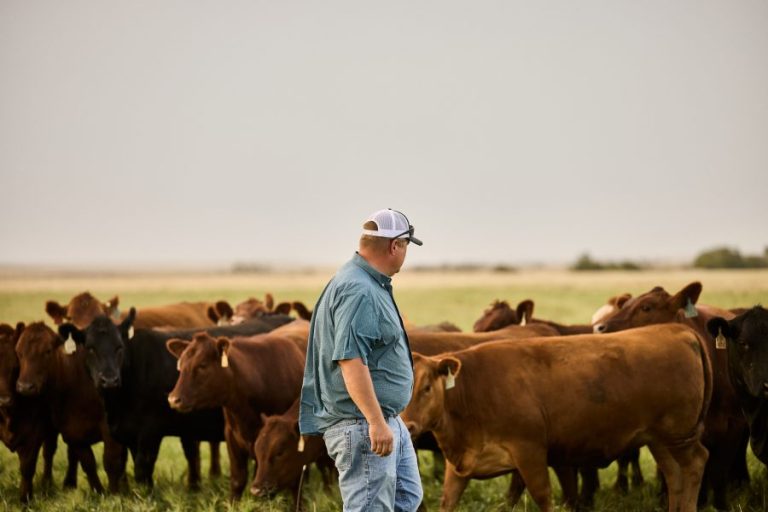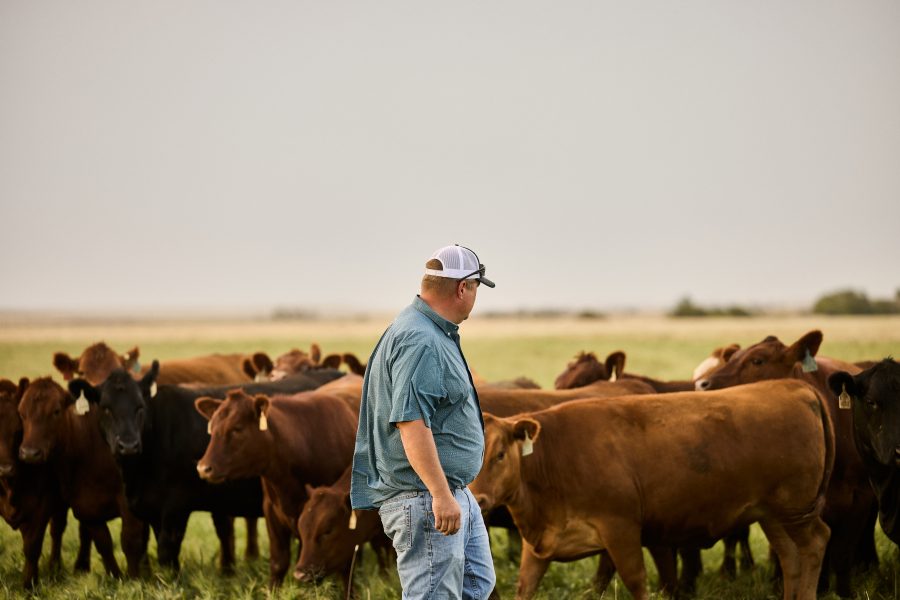WASHINGTON, DC – The latest policy suggestion from US Agriculture Secretary Sonny Perdue on labeling beef has been characterized as “sheep in wolves clothing,” by at least one trade organization.
Last week, Perdue told House Ag Committee members, “The industry would love to have ‘born, slaughtered and processed in the United States.’ That, we believe, would violate the WTO suspension agreement.
He continued, “We think there’s a middle ground of ‘slaughtered and processed’ here which is a different distinction than just ‘processed in the United States.”
Learning of Perdue’ exploring a new “Slaughtered and Processed in the USA” label, Bill Bullard of R-CALF USA told a group of California cattlemen, “This is exactly what the meatpackers and meat importers want: a label that does not identify in which country the cattle used to produce the meat were born and raised.”
For decades, many in the American beef business have worked to get a country of origin label through Congress. Their most recent defeat came in the form of the USMCA trade agreement (still to be ratified by Canada.) Country of origin labeling was struck from the language of the trade deal despite pleas from ranchers to President Trump and his administration.
Bullard insists that the only way to strengthen the domestic live cattle supply chain – which means America’s cattle producers, is to give them the opportunity to build demand for cattle born and raised in the United States. And, he added the only way to accomplish this is for Congress to pass new legislation to require Mandatory Country-of-Origin Labeling (M-COOL) on all beef sold in America.
Perdue says the way it is now, imported meat can come in and if cut up and packaged that means “processed in the United States” but “slaughtered and processed” means that live animal was in the U.S. – and he says he believes that is a better way.
U.S. Representative Dusty Johnson (R-S.D.) commended U.S. Department of Agriculture (USDA) Secretary Purdue who stated, in response to committee questioning by Johnson, that USDA was considering new Food Safety and Inspection Service (FSIS) labeling standards for beef.
Committee member House Representative Dusty Johnson (SD-R) agreed. “I agree that the consumer deserves some of this additional information and what you’re talking about really does provide the consumer with a better insight into what is going on with that particular beef product.”
Neither make mention of the number of imported cattle into the United States – 2.04 million head of cattle in 2019 (a 7.6% increase from 2018) – that are mixed with domestic supply.
“We don’t live in a world where multinational beef packers want to help America’s cattle producers increase demand for their live cattle exclusively born and raised in the United States,” observes Bullard. “It’s against their financial interests to do so.”
Ag Secretary Perdue says he understands the discomfort in the U.S. cattle industry with FSIS labels of “product of the USA” when it comes to beef not from the U.S.












